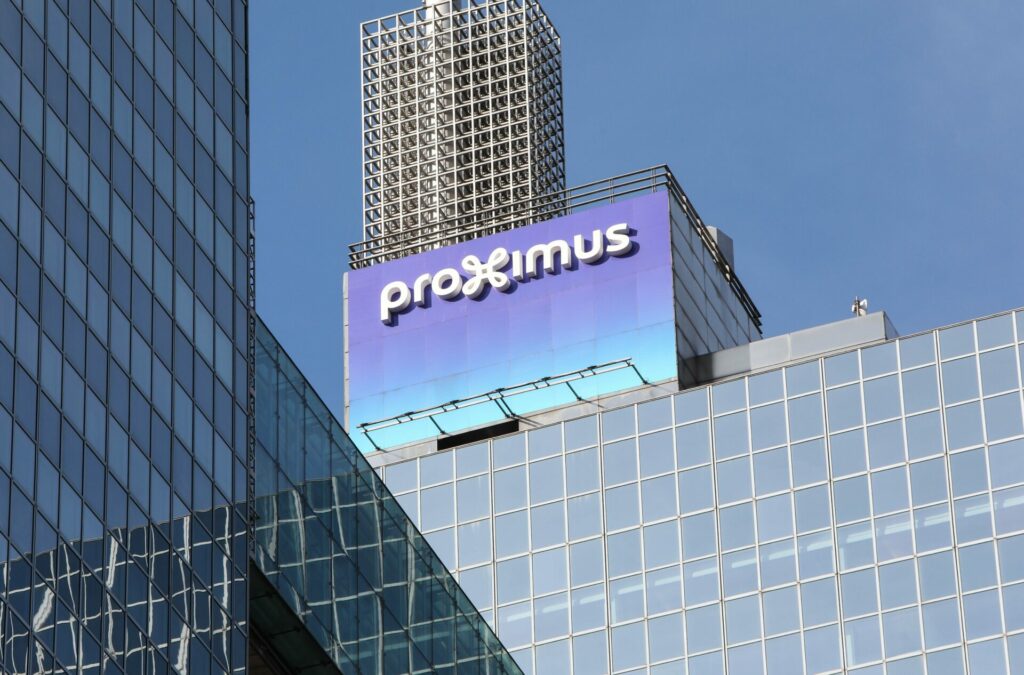The share price of Belgian telecommunication giants Telenet and Proximus have tumbled in recent months, with Proximus announcing that it will also be cutting dividends to shareholders from next year, De Tijd reports. From 2024, Proximus will halve its dividend payouts.
Telenet has announced that it would cut its dividends as the Belgian telecoms sector flounders in the face of international competition. Cash flow at telecom companies has been insufficient to cover dividend payments for shareholders for some time.
The cost of modernising Proximus’ fibre-optic network has weighed heavily on the company’s finances. A new competitor in the market, Citymesh, is also expected to lead to a price war among providers. For consumers, this will mean lower prices. For telecommunication company shareholders, lower returns.
In the space of a year, the share price for Telenet and Proximus has nearly halved. Orange Belgium, the third biggest player on the Belgian market, has also seen a 17% drop in the value of its shares.
The poor performance of the Belgian market is in stark contrast to the results of its rivals in neighbouring countries. Deutsche Telekom is trading around 28% higher than last year. Dutch KPN is also 9% higher.
“As a whole, the European telecom sector is struggling with poor revenue growth,” Polo Tang, telecom specialist and stockbroker for UBS, told De Tijd. “There are actually two many players operating in the fragmented European market. And fibre deployment is leading to high investment costs everywhere.
Underperforming
While some European players have recorded promising results, there are clear national disparities between operators.
In Belgium, just 10% of the country has access to a fibre-optic connection, against just less than 70% in France, or the 50% European average. This means that Belgium has significantly more to invest into its network than its neighbours. Investment, naturally, means money, and poorer returns for shareholders.
Related News
- Belgians pay considerably more for telecom services than neighbours
- Broadband finally planned for 35,000 households in 'white zones'
German provider Deutsche Telekom, in contrast, has a much more positive outlook on the stock market. The company, Tang says, is low-cost and attractive to investors. The German company has even expanded into the well-developed US market. The company’s dividend is currently 3.9%, and growing.
For Belgian investors, investments into foreign telecommunications are now much more attractive than domestic options. While Germany charges a withholding tax (26.38%) on dividends, British and Dutch options offer dividends of up to 7% gross. With weak dividend payouts, Belgian telecommunications companies are trailing behind their European competitors.

